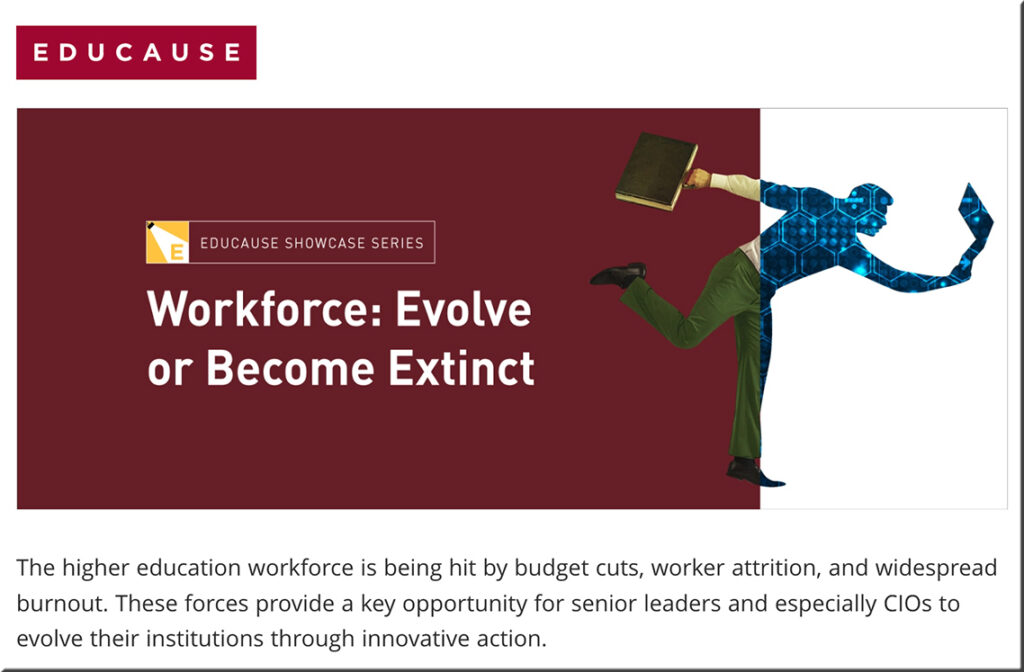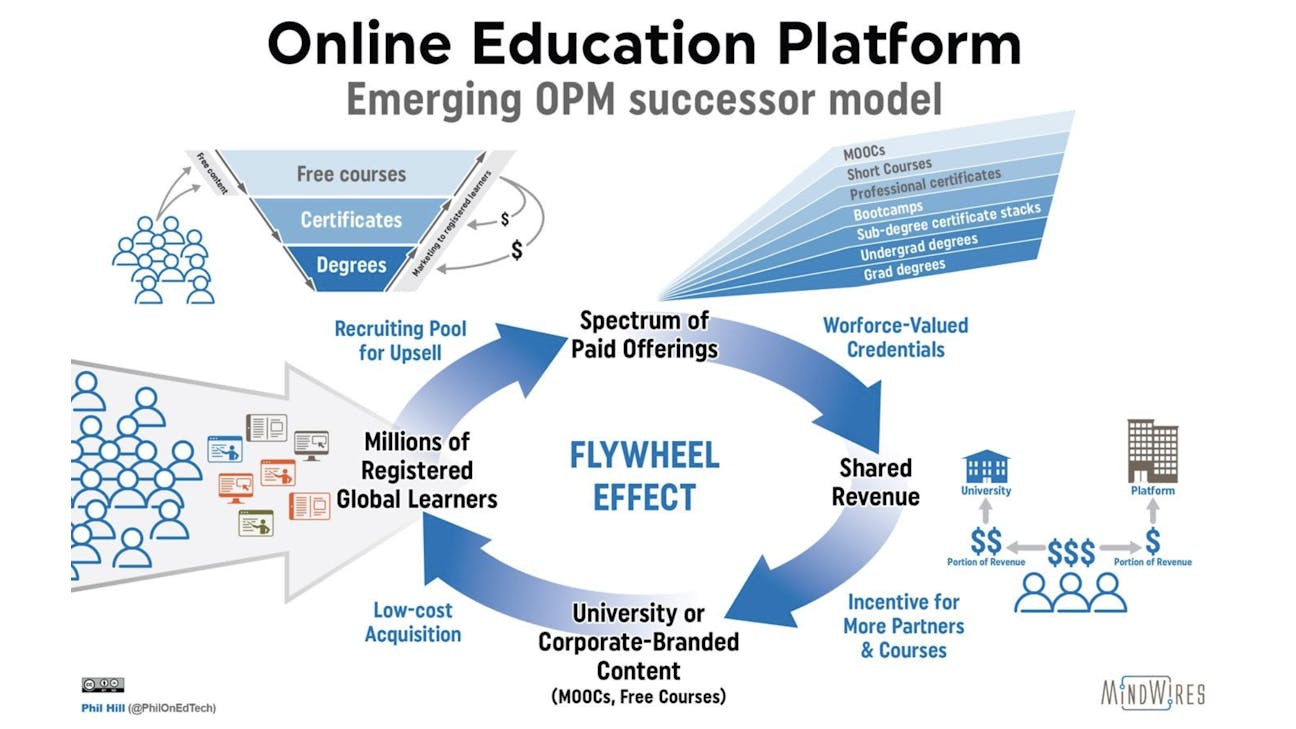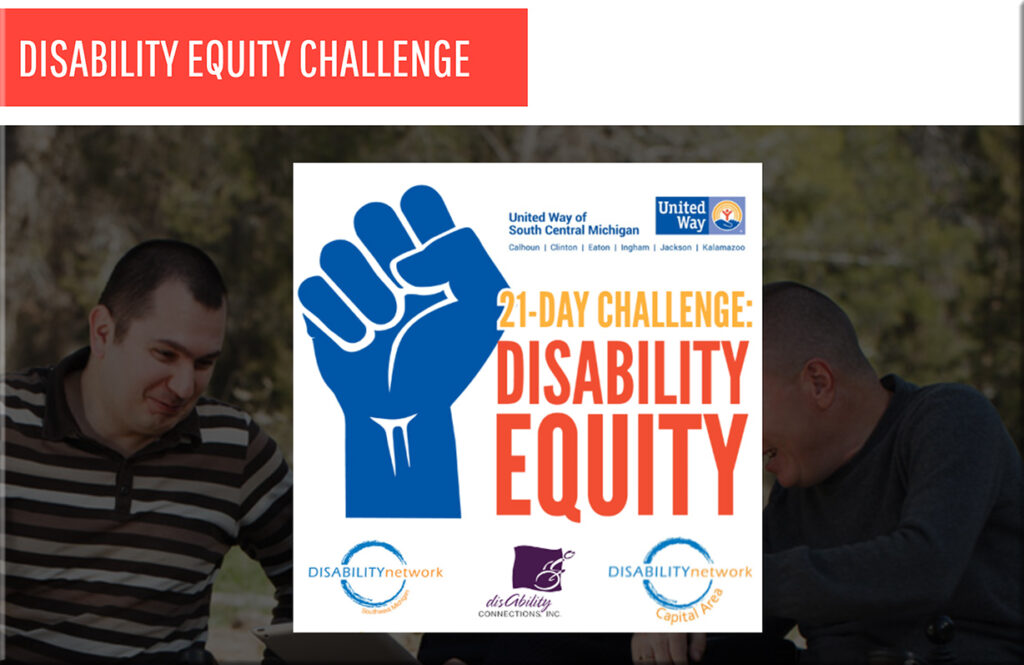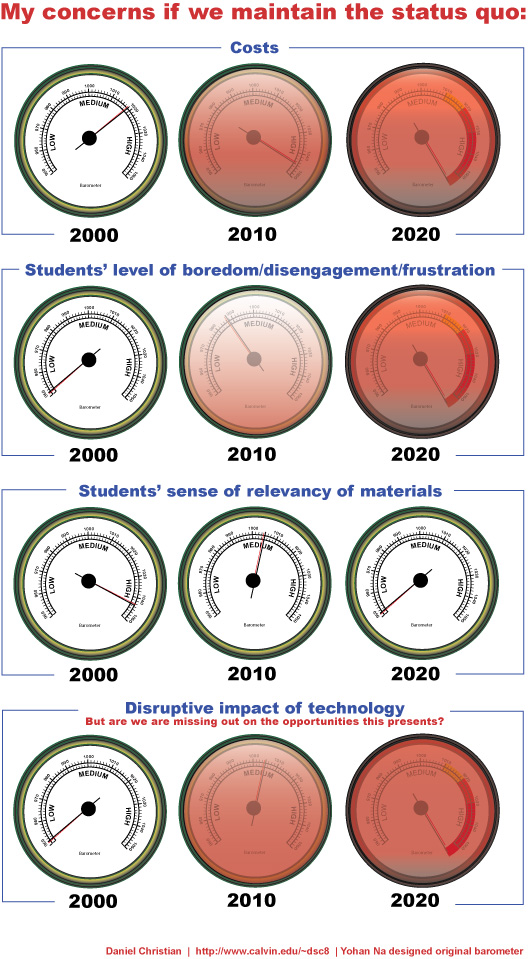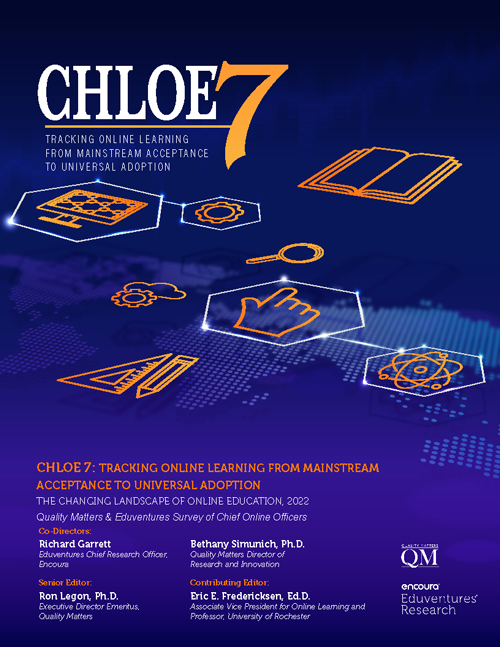Teaching Broke My Heart. That’s Why I Resigned. — from edsurge.com by Natalie Parmenter
After 10 mostly-good years in the classroom, the 2021-22 school year was enough to push Natalie Parmenter out.
Excerpts:
This is how the last year of teaching went for me. As I sized up each day, hardly anything on my to-do list involved nurturing and guiding my kindergarteners. I was always completing tasks for other people—school leadership, district leadership, state officials—at the expense of the students in my care.
School boards have kicked things into overdrive to make up for lost time. Teachers have been accosted with endless professional development training, increased testing, and frequent surveys. There’s always been a degree of this in education as the pendulum swings back and forth, but last year, it reached a boiling point.
…
They say teaching is “a work of the heart,” and indeed, it is. But it became increasingly difficult to love that work as my heart hardened last year, and as all the bits of joy I once felt from my job were chipped away.
PROOF POINTS: Researchers say cries of teacher shortages are overblown — from hechingerreport.org by Jill Barshay
Schools are going on pandemic hiring sprees and overstaffing may be the new problem
Excerpt:
The stories are scary. The teaching profession, according to CNN in early 2022, was “in crisis.” The Wall Street Journal reported in February 2022 that burned out teachers were exiting for jobs in the private sector. House lawmakers in Washington devoted an entire hearing to “Tackling Teacher Shortages” in May 2022. And on Aug. 3, 2022, the Washington Post printed this headline: “‘Never seen it this bad’: America faces catastrophic teacher shortage.”
But education researchers who study the teaching profession say the threat is exaggerated.
“Attrition is definitely up, but it’s not a mass exodus of teachers,” said Dan Goldhaber, a labor economist at the American Institutes for Research (AIR), a nonprofit research organization.
Are teachers leaving the classroom en masse? — from vox.com by
The chaotic debate over this year’s teacher shortages, explained.
Excerpts:
In Texas, teachers are deserting the classroom at high rates, with Houston alone reporting nearly 1,000 vacancies in early August. In Maryland, more than 5,500 teachers reportedly left the profession in 2022, leaving Baltimore with an estimated 600 to 700 vacancies going into the fall.
Department of Education officials in Pennsylvania are calling that state’s shortage a “crisis,” and experts there say the state will need “thousands” of new teachers by 2025.
Kansas is facing what has been called the most severe teacher shortage it has ever had: about 1,400 teaching jobs are unfilled. In Florida, there are about 8,000 teacher vacancies, up from 5,000 at the start of school last year. The shortage is reportedly also dire in other states, including Nevada, California, Illinois, Arizona, and Missouri. Some experts say that even school districts that don’t usually face shortages are struggling with vacancies, and it’s hard to hire teachers even for subjects that are typically easy to fill.
But is it actually happening? The US does not collect timely, detailed national data about teacher employment, so it’s difficult to definitively conclude whether there is a national teacher shortage going into the 2022-23 school year. That has led to practitioners, education policy experts, and union leaders talking past one another.
Three Ways to Prepare for and Successfully Land a Student Internship — from emergingedtech.com by Amy DiBello
Excerpt:
So how does one overcome those feelings in order to get the position and prepare for their future? By taking the knowledge they’ve gained in their coursework along with a strong work ethic, great attitude and finally, displaying a very intentional desire to serve in order to be an asset to the organization. Interns who display these traits and show their commitment to carrying out an organization’s overall mission will no doubt prove to be an invaluable asset and find success in their first internship role. Following are three practical steps that will ensure you are fully prepared to find, secure and succeed in your first internship.
Burned-out employees are ‘quiet quitting’ their jobs: What to know about the trend — from goodmorningamerica.com
Excerpt:
With the pandemic blurring the lines between work and home, people like West are using quiet quitting as a way to set more boundaries between their professional and personal lives.
The new form of “quitting” sees people keeping their jobs, but mentally stepping back from the burdens of work — for example, working the bare minimum number of hours and not making their jobs an important center of their lives.
From DSC:
While I’m not advocating “quiet quitting” at all, it does relay an element of what’s happening in the workplace, at least in the United States.
Teacher shortage? Here’s one way around it — from edcircuit.com by EdCircuit Staff
Excerpt:
After seeing the teacher shortage first hand in China, Jessie Sullivan and Isla Iago launched an innovative new start-up that teaches children how to read and write through YouTube – without the need for adult expertise or attention. Since the release in July, the start-up called See Say Write is already being used by schools, homes, and children’s charities in seven different countries.
Addendum on 8/22/22:
Workforce: Evolve or Become Extinct — from educause.edu
Addendums on 8/23/22:
Lacking Bus Drivers, Schools Make Tough Calls on Transportation — from edweek.org by Evie Blad
Excerpt:
Eighty-six percent of respondents to a nationally representative survey of school and district administrators conducted by the EdWeek Research Center in July said they don’t have enough candidates to fill open bus driver positions.
Teacher Pay Penalty Reaches Record High. What’s at Stake? — from edsurge.com by Emily Tate Sullivan
Excerpts (emphasis DSC):
For decades—indeed, almost every year since the EPI first began documenting the teacher pay penalty in 1996—the pay of teachers has slipped further behind that of their non-teacher counterparts, adjusted for education, experience and demographics.
…
Teachers in the U.S. earn about 76.5 cents on the dollar compared to similar professionals who have bachelor’s degrees, according to an analysis by the Economic Policy Institute.









